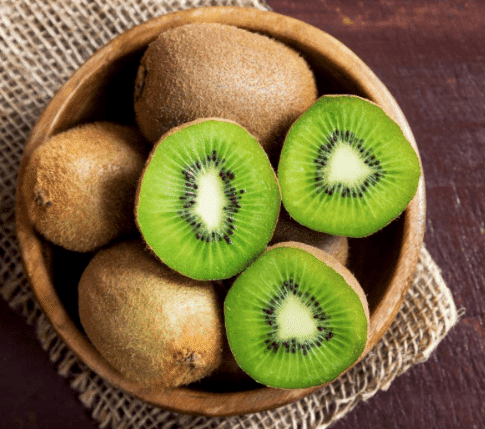
Researchers say PQQ — found in kiwi fruit — may help to prevent NAFLD.
Researchers discovered that a compound found in kiwi, celery, and papaya — called pyrroloquinoline quinone (PQQ) — prevented the progression of non-alcoholic fatty liver disease (NAFLD) in mice whose mothers were fed a high-fat diet.
Study leader Karen Jonscher, Ph.D. — an associate professor of anesthesiology at the University of Colorado Anschutz Medical Campus in Aurora, CO — and colleagues recently reported their findings in the journal Hepatology Communications.
NAFLD is defined as a buildup of fat in the liver that is not caused by alcohol consumption.
It is estimated that NAFLD affects between 30 and 40 percent of adults in the United States, making it one of the most common causes of liver disease in the country.
Obesity, high cholesterol levels, hypertension, and high triglyceride levels are key contributors to NAFLD, and these conditions often arise as a result of a high-fat diet.
But it’s not just the foods we eat ourselves that we need to be concerned about; our health could be at risk as a result of the foods our mothers ate during pregnancy.
How maternal diet affects offspring
In recent years, an overwhelming number of studies have shown that the maternal diet can leave a negative mark on the developing infant.
Last year, for example, Medical News Today reported on a study suggesting that expectant mothers who consume a high-fat diet can increase their children’s risk — and even their grandchildren’s risk — of developing breast cancer.
Research has also shown that a poor maternal diet may alter the gut bacteria of offspring in a way that makes them prone to obesity and associated conditions.
How many pounds have you lost this month? At Dieta Efectiva you can lose 10-12 lbs your first week and 2 – 5 lbs every week after. Visit us dietaefectiva.net to learn more about our program
BG:NMT







